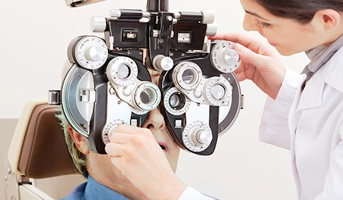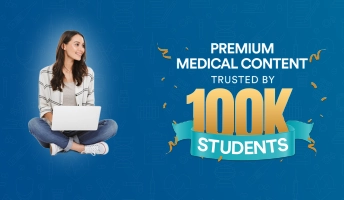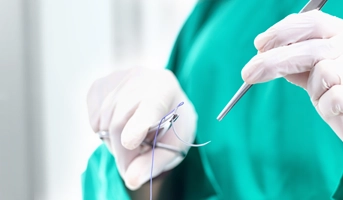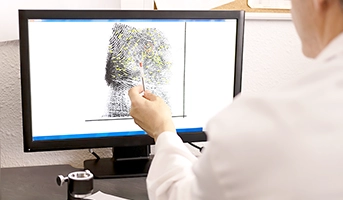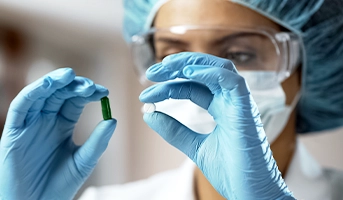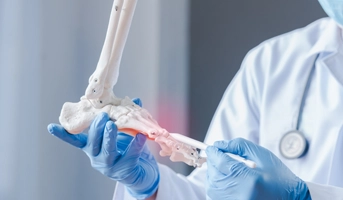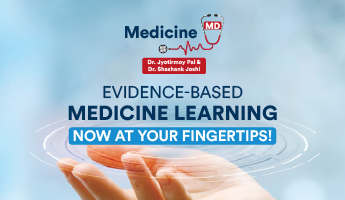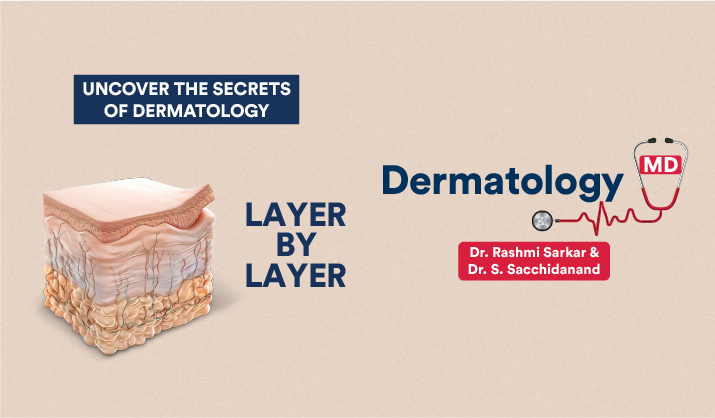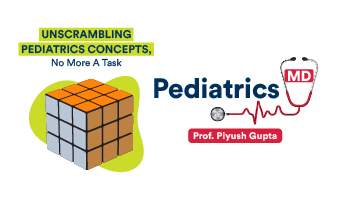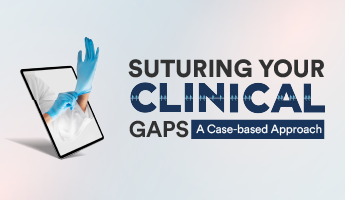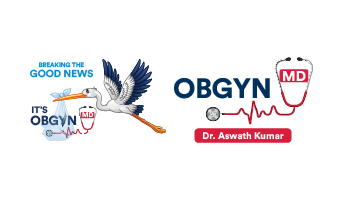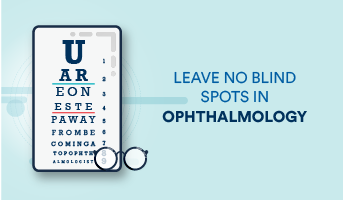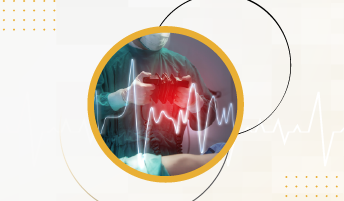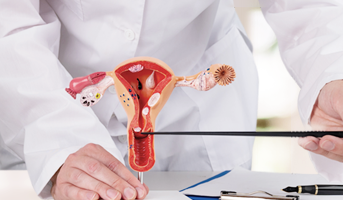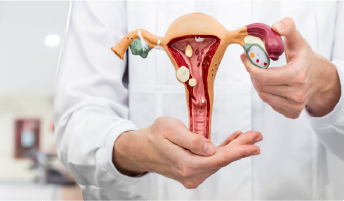Ophthalmology is a medical specialty that focuses on the diagnosis and treatment of eye diseases, visual disorders, and their complications. Ophthalmology as a subspecialty in MBBS includes topics such as the cornea, ocular oncology, pediatric ophthalmology, glaucoma, neuro-ophthalmology, and ocular pathology. The study of Ophthalmology covers the physiology, anatomy, and treatment of all eye-related health conditions. It also includes surgical procedures to treat eyes, for example, in case of glaucoma, cataract, neoplasm removal, refractive surgery, etc.
You’ll be eligible for NEET UG after finishing your higher secondary with the subject PCB. Get into a medical college to begin your MBBS journey, and once you obtain the degree, you can specialize in Ophthalmology. Another way to pursue a career in Ophthalmology after 12th is B.Sc. Ophthalmology or B.Sc. Optometry. You can further do a master’s and doctoral in Ophthalmology after completing a full-time undergraduate Ophthalmology degree.
Make sure you understand the fundamentals of ophthalmology before taking the exam. Getting conceptual clarity is the only way to do so. Access maximum content including lectures, MCQs, IBQs, notes, clinical case discussions, and more to practice for university exams as well as NEET PG. Solving the previous years’ questions proves highly beneficial to score well. Don’t miss out on the important and high-weightage modules and topics, such as lens, cataract, Glaucoma, neuro-ophthalmology, surgeries, etc. Tip! Make mnemonics for memorization.
NEET PG requires a deep understanding of the concepts of Ophthalmology. The subject has a prominent weightage in NEET PG. Therefore, it is important to approach ophthalmology in the right way keeping in mind theory, practical, clinical cases, MCQs, and IBQs to ace NEET PG. Ophthalmology is a high-scoring subject from which direct questions are asked in the NEET PG entrance examination.
To understand ophthalmology better, one must learn from the latest and most reliable content and focus on the basics first. Clinical case discussions, MCQs, notes, and lectures by eminent faculty can help you get your concepts cleared. Understanding history-taking and clinical examination of the eye is very important. Don’t miss out on the practical sessions and discussions to thoroughly understand the subject. A medico must remain updated with the latest advancements in diagnostics and treatment procedures.
MS (Master of Surgery) is a postgraduate degree that requires students to complete their MBBS degree before beginning their MS studies. The Medical Council of India (MCI) is in charge of postgraduate medical education in India, which is mandatory to become a surgeon.
‘SRB’s Manual of Surgery’ is the most popular book amongst MBBS students. It includes the latest concepts of treatment and staging of malignancies. Surgical anatomy has been included wherever necessary. The book contains all the important chapters on general surgery, and the common conditions have been dealt with in detail. The language and writing style is simple to read and recall, and the supporting diagrams and images are easy to memorize—a crucial combination for a student confronting theory and practical exams. This book will be a go-to resource for all surgical difficulties.
Refer to Prof. Harsh Mohan’s ‘Textbook of Pathology’. Attend lectures regularly and never miss practical sessions. Seek assistance from seniors and teachers to know how to attempt questions. Take notes regularly and refer to them while revising. Also, practice MCQs and previous years’ question papers to know the exam pattern and important topics. Develop a clinical understanding with the help of relevant case discussions. You can also access trusted content online for in-depth learning and attempt mock tests to ace exams.
Yes, it is necessary to study every subject taught in MBBS for NEET PG Exam including Pathology. You need to have a solid foundation in each subject to crack NEET PG and pursue post-graduation. The subject has a high weightage in the entrance exam and hence, it is extremely important to clear every concept properly.
Pathology is a 2nd prof subject in MBBS that deals with the study of the diagnosis and treatment of diseases. An MBBS student studying pathology learns about cell injury, cell inflammation, repair, and many diseases and disorders. It starts with simple illnesses like dysentery and fungal infections and progresses to major and life-threatening illnesses including AIDS, rheumatic heart disease, cancers, and herpes. Pathology holds great significance in examining the cause, and origin nature of diseases. It has various sub-disciplines such as Cytopathology, Forensic Pathology, Molecular Pathology, Clinical Pathology, etc.
Scoring high is not so difficult if you like to study Pathology; you just need a strategy to learn and prepare for the exams. You can refer to highly recommended books such as Harsh Mohan’s ‘Textbook of Pathology’ to get conceptual clarity. Make notes to learn the most difficult topics concisely and easily, and solve MCQs and previous years’ question papers. Take help from seniors and teachers in case of doubts. You can watch online video lectures and case studies to understand concepts in depth. Make mnemonics to memorize well. Focus more on the high-weightage modules to score high in exams.
Video lectures assist in audio and visual memory. Lectures including clinical case discussions help to gather multiple perspectives and thus enhance one’s knowledge. Practical learning experience through 3D graphics maximizes retention. Easy access to learning anytime, anywhere, and guidance from top faculty are major advantages of learning pathology online.
When it comes to the best pathology book for MBBS students, you can blindly refer to Harsh Mohan’s ‘Textbook of Pathology’. Another author whose books you can refer to for conceptual clarity in Pathology is Prof. Ramadas Nayak. His books ‘Essentials in Hematology and Clinical Pathology’, ‘Exam Preparatory Manual for Undergraduates Pathology’, and ‘Rapid Review of Hematology’ are some of the most well-known titles.
IBQs and VBQs help a lot in memorization and make learning more interesting. You can find tons of them online to enhance your knowledge. They also help students to clear their concepts as well as score high in examinations while providing them with practical exposure.
Notes help you to recall maximum information in the shortest period. You can rely on trusted notes by India’s eminent faculty that are provided by medical learning apps. These notes are added with images, flowcharts, diagrams, and tables that boost your visual memory for better recollection during exams.
Making notes is much better than underlining in your books. This is because you make the notes according to your convenience, be it the language or writing style. This makes it easier to revise maximum topics in the limited time before exams. Underlining in the book means you will have to go through the large volumes again which will take longer to give you last-minute clarity.
If you want to crack NEET Exam, refer to trusted content by India’s top faculty to clear your concepts. Textbooks and online video lectures along with Qbanks can be your saviors in your journey of becoming top doctors. Ask your doubts from your college faculty and seniors. Besides, you can opt for online MBBS courses that provide you with illustrative notes, lectures, and MCQs for conceptual clarity. Choose a course that will help you to ace the university as well as NEET Exam.
Most MBBS toppers recommend that you must be keen to learn every topic.
Make a timetable that you can actively follow in an organized and disciplined manner.
Avoid procrastination, don’t compile the max for the last. Set aside 2-3 weeks before the exam only for revision. This is only possible if there is conceptual clarity in the subject, otherwise, you will not be able to assess your knowledge enough before exams.
Practice previous years’ question papers to acquire an understanding of the kind of questions that are asked in the exams.
Conceptual clarity is best achieved when you go through clinical case discussions, MCQs, notes, IBQs, and VBQs. You can watch video lectures by eminent faculty such as Dr. Apurba Sastry, Prof. Harsh Mohan, Prof. Ramadas Nayak, Dr. Sriram Bhat, Dr. Archith Boloor, Dr. Santosh T Soans, and many more.

